Research Cooperations
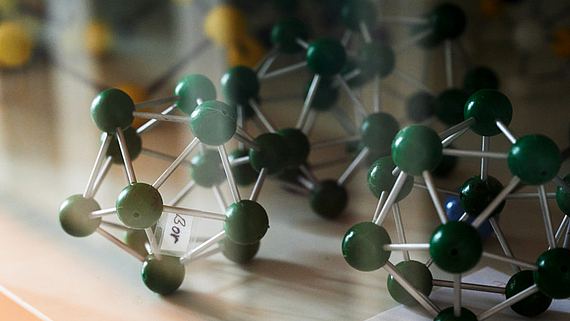
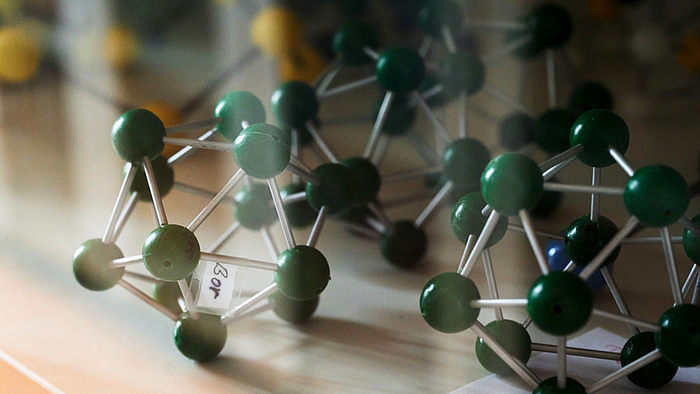
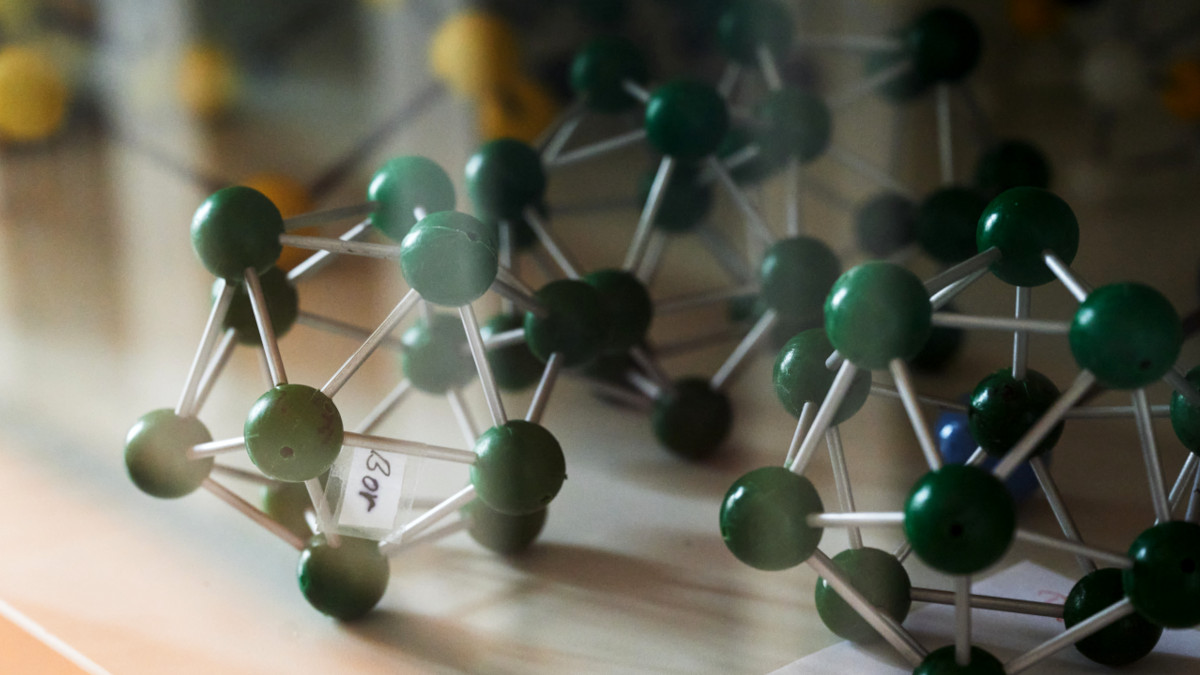
Working together to create knowledge
The faculty's researchers work on current questions in research initiatives, research centres and within strategic research cooperations. The interdisciplinary, close cooperation in internal and external collaborations ensures high excellence and quality - from theory to practice.
The German Research Foundation, the Federal Ministry of Education and Research and the Ministry of Science and Culture of Lower Saxony are important funding institutions for the faculty.
Internal university cooperations
Hearing4all: hearing-related basic research and applications
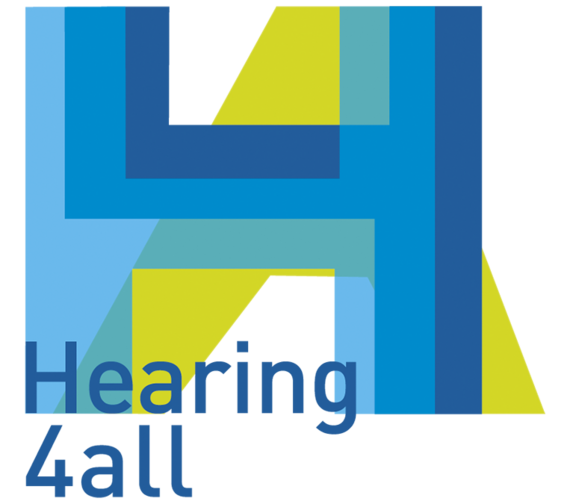
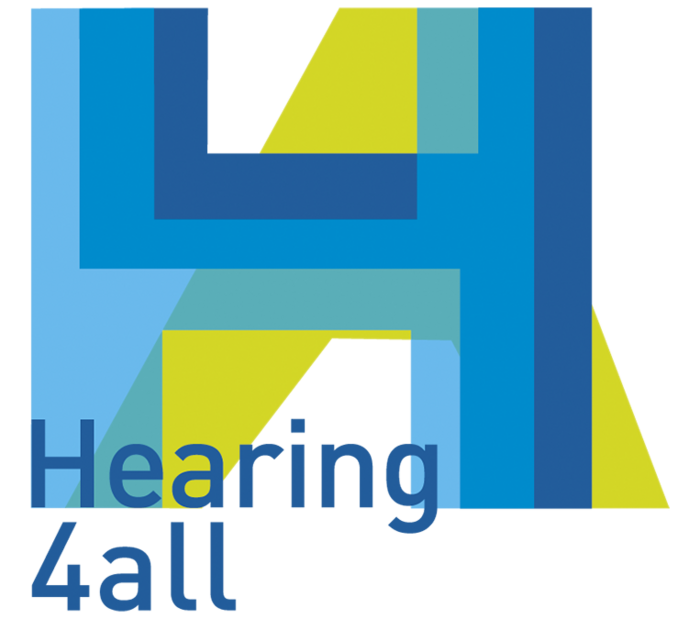
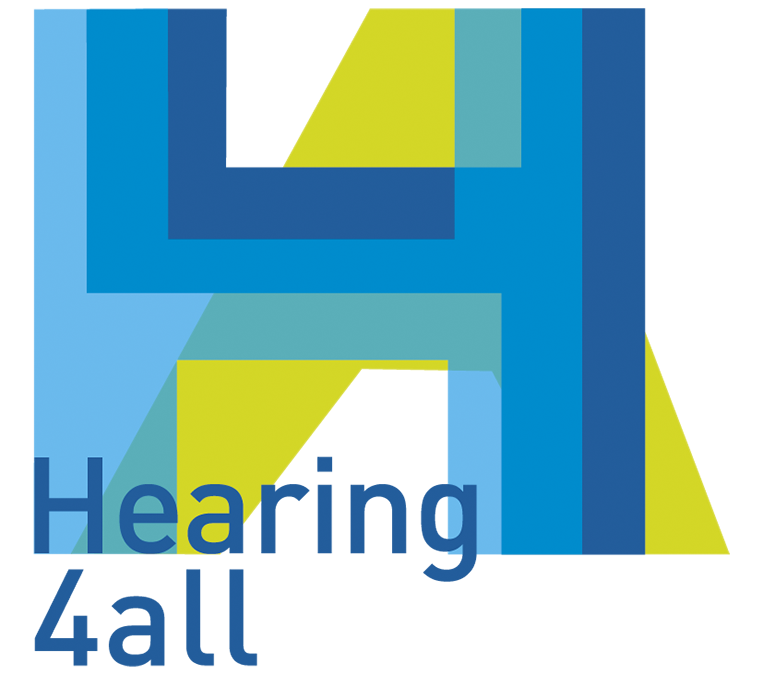
Hearing for everyone, in every situation and at all times: this is the objective of Hearing4all, the interdisciplinary collaborative project which has now been running for almost seven years. Almost 18 percent of the German population – including more than half of those over 65 – suffer from loss of hearing which requires treatment. The scientists want to critically improve the communication situation of people affected, be it at work, in traffic or at home, by means of optimised, personalised audiological diagnostics and by providing them with personalised hearing devices – ranging from hearing aids to implants.
At the Institute of Inorganic Chemistry researchers are developing materials and methods that facilitate the release of drugs from a cochlea implant which help to improve the impaired biological situation in the inner ear. Its aim is to achieve controlled, localised drug release which can be regulated from the outside, where necessary. A joint project involving the Institutes of Technical Chemistry, Inorganic Chemistry and Quantum Optics is aiming to use these optogenetic methods to trigger drug release as well.
PhoenixD: Photonics, Optics and Engineering – Innovation Across Disciplines
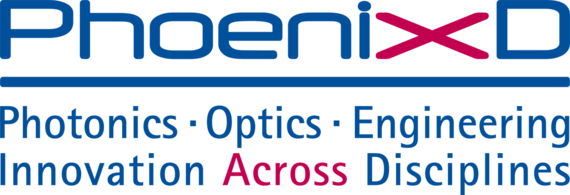
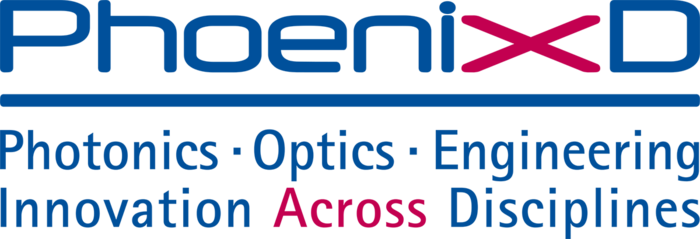

The Cluster of Excellence PhoenixD (Photonics, Optics, and Engineering – Innovation Across Disciplines) is comprised of more than 100 scientists in physics, mechanical engineering, chemistry, electrical engineering, computer science and mathematics, who are working together in the field of optical technologies. The core concept of PhoenixD is to merge optical systems, design and simulation tools with all relevant production technologies into one combined platform so as to create individualized and highly functional optical devices.
The Faculty of Natural Sciences participates in the Cluster of Excellence through the Behrens and Bigall research groups. They will produce new optical materials, optimise them with regard to their processability and simulate their properties.
Digital education – data-assisted teching and learning



The research initiative Digital Education explores ways to digitally support learning by integrating and further developing modern methods of data analysis. Digital support for (scientific) learning processes and the possibilities of learning analytics and machine learning form the backdrop to this research. The focus is on learning in formal contexts, i.e. school and university contexts, in informal contexts and the corresponding innovation of technical processes.
The combination of subject-didactic expertise in the evaluation and design of learning processes with computer science expertise in the automated and intelligent analysis of data opens up new fields of research with high social relevance.
External cooperations
Academic alliance: SMART BIOTECS
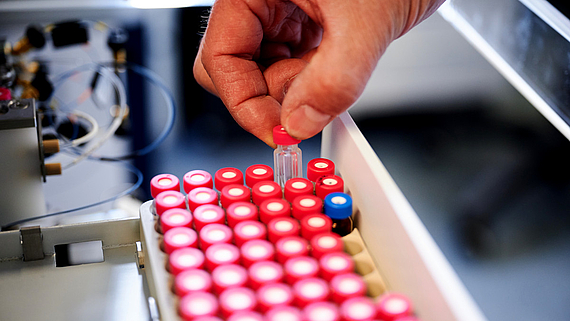
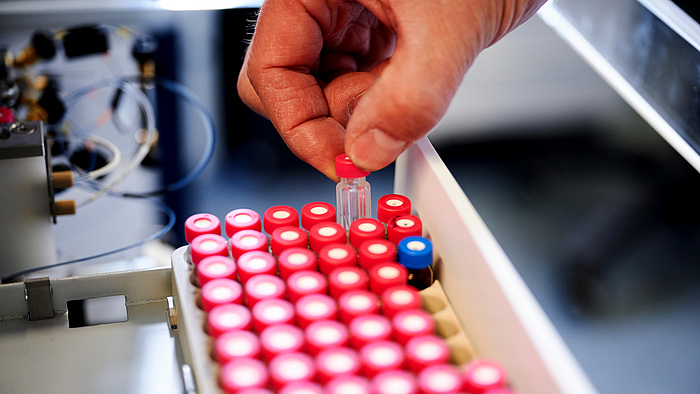
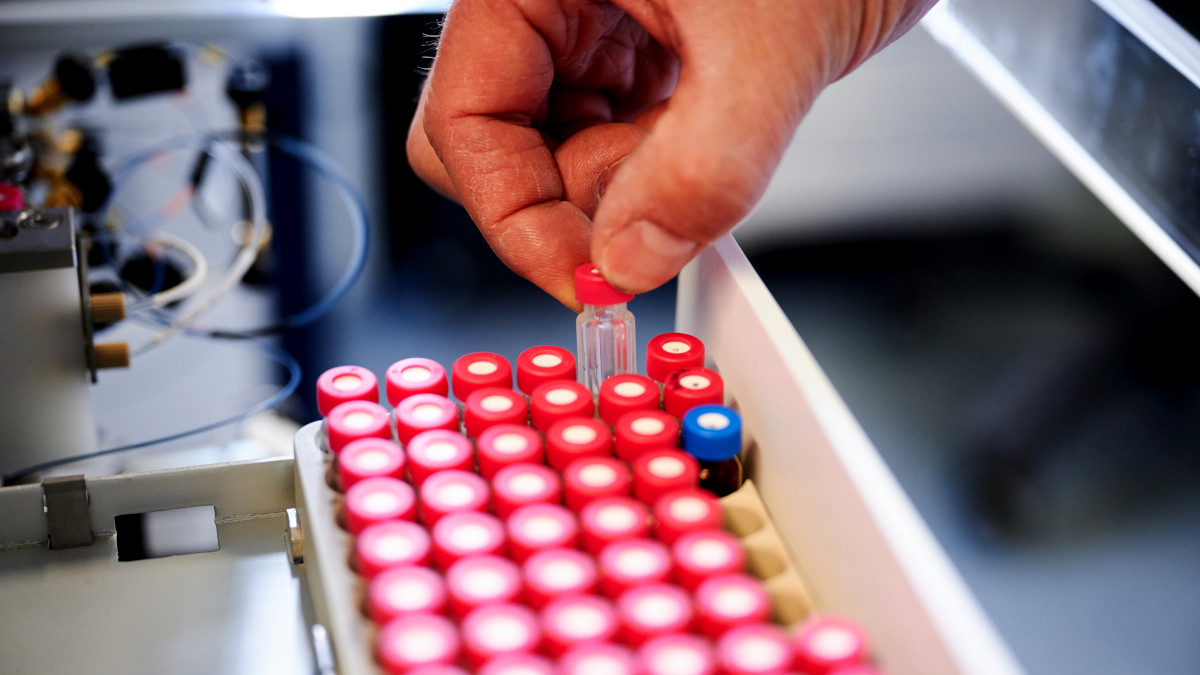
SMART BIOTECS is one of three lines of research in the Academic Alliance between Leibniz University Hannover and the TU Braunschweig. The Alliance was initiated by members of both universities and receives financial support from the federal state of Lower Saxony. Its objective is to identify outstanding expertise at the two locations, employ strategic measures to bundle resources together and thus bolster the strength of both locations.
The excellence of the biomedical research at both universities and the complementary expertise of the two locations in Lower Saxony are reflected in the two independent research strands in SMART BIOTECS – pharmaceutical substance and implant development.
Medicines and implants
-
Pharmaceutical substance development
This research strand utilises a whole spectrum of modern tools – from molecular biology, synthetic chemistry, the engineering sciences and systems biology - to identify, synthesise and modify new pharmaceutical substances. Active mechanisms are deciphered and medicines are formulated as Smart Drugs, which play an important role for diseases of the 21st century in particular. The focus here is on neurodegenerative and infectious diseases, as well as the prevention of resistance formation.
-
Implant development
This research strand develops intelligent implants for biomedical devices based on prosthetics and tissue-based materials which are characterised by a high level of patient safety, bio-compatibility and functionality. Its aim is to use simulation methods, novel biomaterials, and integrated sensor technology for the targeted release of pharmaceutical agents to prevent infections and the rejection of implants. The overall goal is to provide personalised biomedical products for an ageing population.
-
Cooperation participants
The transdisciplinary approach in SMART BIOTECS involves close collaboration of research groups from the Faculty of Mechanical Engineering, the Faculty of Electrical Engineering and Computer Science, and the Faculty of Natural Sciences.
Spokesperson of the SMART BIOTECS line of research at Leibniz University Hannover:
Prof. Dr. Dieter Jahn | Technical University Braunschweig
Coordinator: Dr. Iliyana Pepelanova
Translation alliance: TRAIN
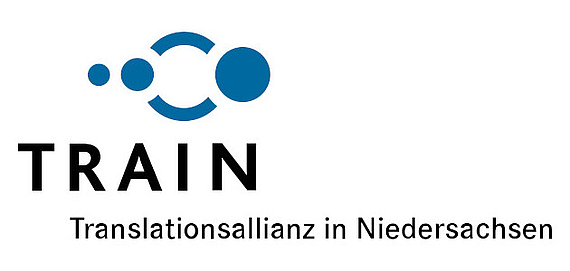
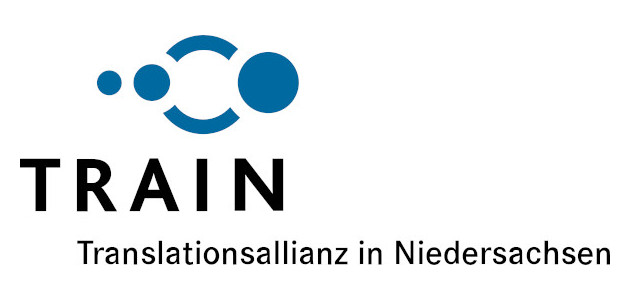

The translation alliance in Lower Saxony is a network of institutions for biomedical research and development in the Hannover-Braunschweig region, funded by the Lower Saxony Ministry of Science and Culture. With TRAIN, the research institutions in the region have created a joint platform with the aim of transferring new therapies and diagnostics for the treatment of infectious diseases from research to clinical application.
Leibniz University Hannover, together with the Faculty of Natural Sciences, provides TRAIN with its great expertise in chemically and biologically oriented drug research. This includes synthesis chemistry, infection and anti-tumour research, as well as the isolation and identification of new active substances, especially from plants. In addition, the biotechnological and engineering institutes provide the knowledge for the technical implementation of the results from basic research.
hsn: Hannover School for Nanotechnology



The Hannover School for Nanotechnology hsn-sensors is an educational and research college for doctoral students from the fields of chemistry, physics and engineering. The programme is funded by the state of Lower Saxony. The school is located in the Laboratory for Nano- and Quantum Engineering. Hannover University of Applied Sciences and Arts is another partner.

















